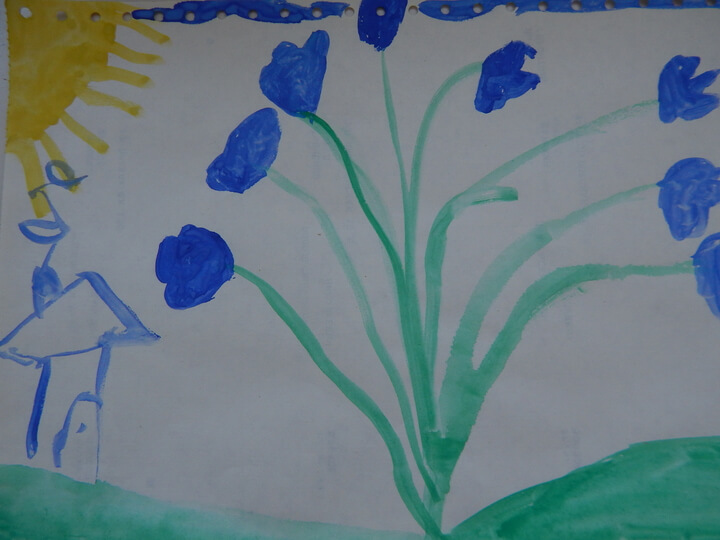-
Gaming Onliner


Welcome to Onliner.us. This is gonna became your favourite place in the Internet. Here you’ll find thousands of free online…
-
Nurturing Mental Well-being Through Creative Expression


In a world grappling with mental health challenges, the healing power of art has emerged as a beacon of hope.…
-
The Power of Public Art: Transforming Spaces and Communities


Public art has the remarkable ability to transform mundane spaces into vibrant hubs of creativity and community engagement. This blog…
-
The Fusion of Technology and Art: A Digital Renaissance


In the modern age, technology and art are converging in unprecedented ways, giving rise to a digital renaissance. This blog…
-
Exploring the Intricacies of Abstract Art: A Journey into the Unknown


In the vast realm of artistic expression, abstract art stands as a testament to the limitless possibilities of creativity. This…
-
Majestic Creatures: A Visual Journey through the Animal Kingdom


Until recently, the prevailing view assumed lorem ipsum was born as a nonsense text. “It’s not Latin, though it looks like it,…
-
A Journey through Contemporary Architectural Masterpieces


Until recently, the prevailing view assumed lorem ipsum was born as a nonsense text. “It’s not Latin, though it looks like it,…
-
The Art of Slow Travel: Rediscovering the Joy of the Journey


Until recently, the prevailing view assumed lorem ipsum was born as a nonsense text. “It’s not Latin, though it looks like it,…






